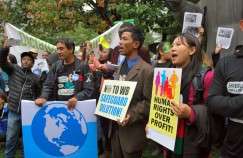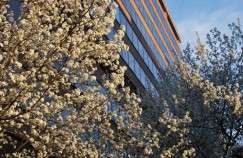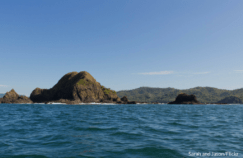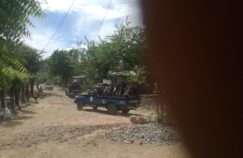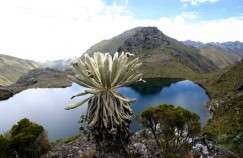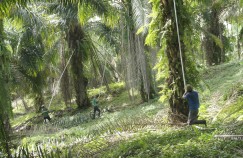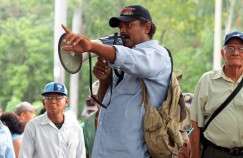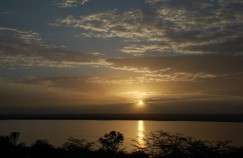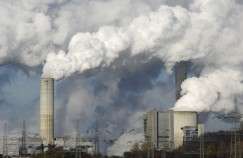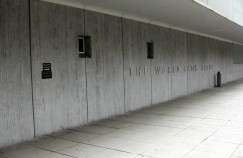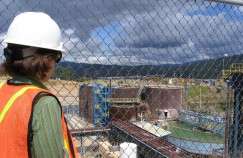For over 25 years, CIEL has been a watchdog of development finance institutions, with a hawk eye on the World Bank – just down the street from our DC office and the standard setter for development finance across the globe.
Three decades ago, the World Bank took the first step among development finance institutions to reduce the negative environmental and social impacts stemming from its investments. It began to fashion environmental and social safeguard policies, which have since become a standard part of the business model of other development finance institutions. However, these safeguards have been updated in a piecemeal fashion and have not kept pace with important international and national reforms to strengthen human rights and the environment.
Now the World Bank is facing a significant re-alignment in the global distribution of political and economic power. The Bank finds itself in fierce competition with lenders from newly powerful BRICS (Brazil, Russia, India, China, and South Africa) countries and a private sector willing to invest in poor countries without any of the conditions required by the Bank or other multilateral lending institutions. This has empowered developing country governments with a history of human rights abuses to proceed with high-risk infrastructure and extractives projects that should not be able to receive development financing. In order to stay relevant, the World Bank is undergoing institution-wide reforms to create a more corporate culture that takes more risks and relies more heavily on national systems for safeguards, reducing oversight and placing great strains on communities that demand accountability and remedies when projects cause harm.

